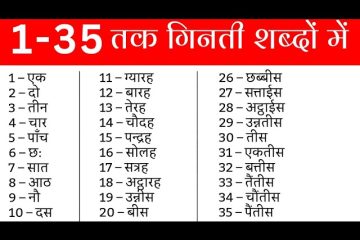All You Need to Know About NBEMS

Introduction
The National Board for Examinations in Medical Sciences (NBEMS) plays a crucial role in India’s healthcare sector by overseeing the assessment and certification of medical professionals. With a growing emphasis on quality healthcare and rigorous professional standards, NBEMS has emerged as a pillar in maintaining the integrity and excellence of medical education and services in the country.
Functions and Responsibilities of NBEMS
Established with the goal of enhancing medical education quality, NBEMS is responsible for conducting a variety of examinations for postgraduate medical education. One of its primary examinations is the NEET (National Eligibility cum Entrance Test) for postgraduate admissions, a critical step for aspiring medical professionals. The organization ensures that the assessments are comprehensive and fair, reflecting the latest developments in medical knowledge and practice.
Recent Developments
In recent months, NBEMS has announced several initiatives aimed at streamlining the examination process. Recently, the board has undertaken steps to digitize its examination processes further, ensuring more transparency and efficiency. This includes the introduction of online assessments that cater to a wider reach of candidates and minimize logistical challenges.
Moreover, NBEMS has been working on enhancing its examination and evaluation standards in response to feedback from the medical community. This includes better training for evaluators and greater emphasis on skill assessments in clinical scenarios, rather than solely theoretical knowledge.
Controversies and Challenges
Despite its critical role, NBEMS has not been free from controversies. Concerns have been raised regarding the fairness of some assessment processes, especially in light of allegations surrounding malpractice in previous examinations. To address these concerns, the NBEMS has vowed to ensure strict compliance with examination protocols and has introduced measures to enhance the security and integrity of its examinations.
Conclusion
The National Board for Examinations in Medical Sciences stands as a significant entity in shaping the landscape of medical education in India. As the board moves forward with its modernized approach to examinations, the focus remains on producing skilled healthcare professionals who can meet the demands of the ever-evolving medical field. For aspiring medical practitioners, understanding the workings of NBEMS is essential, not just for examination preparation, but also for appreciation of the standards that define their future careers in medicine.








